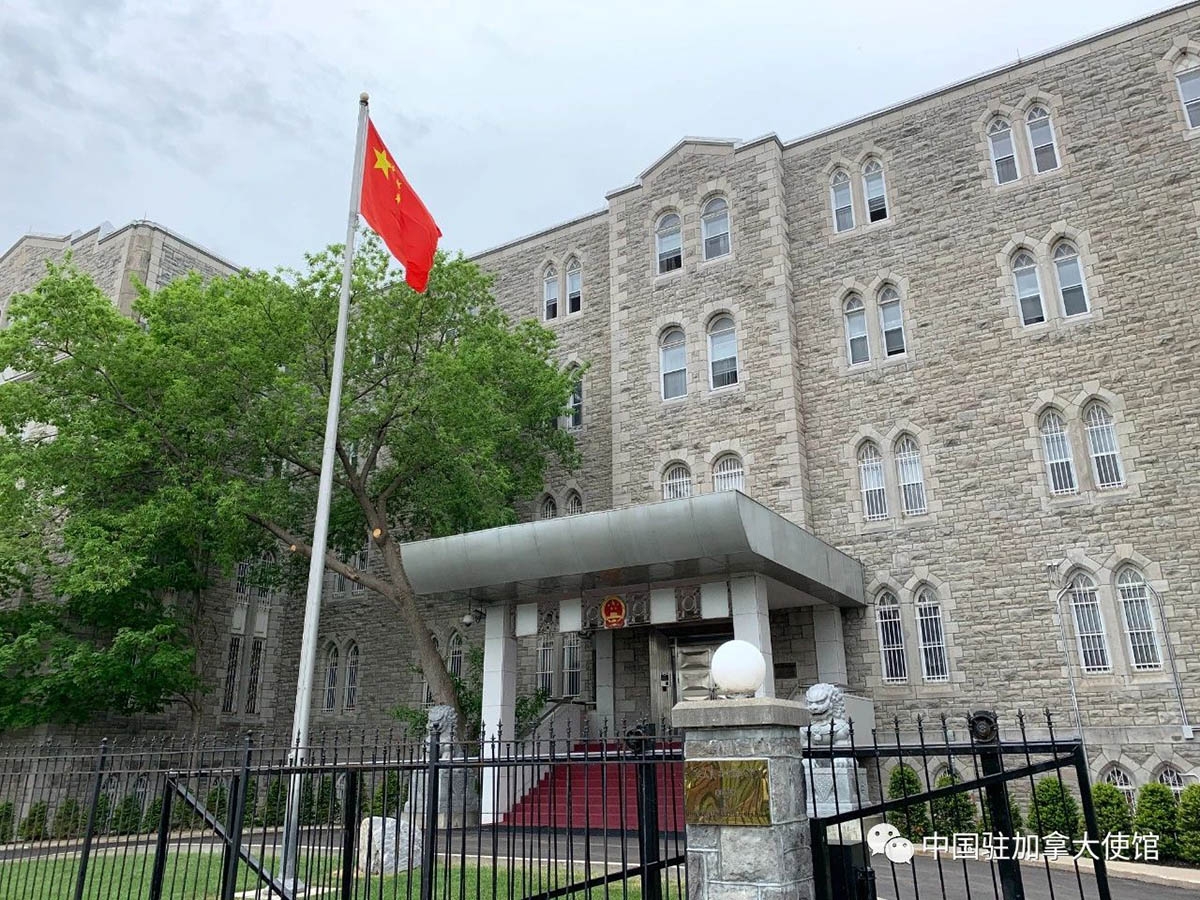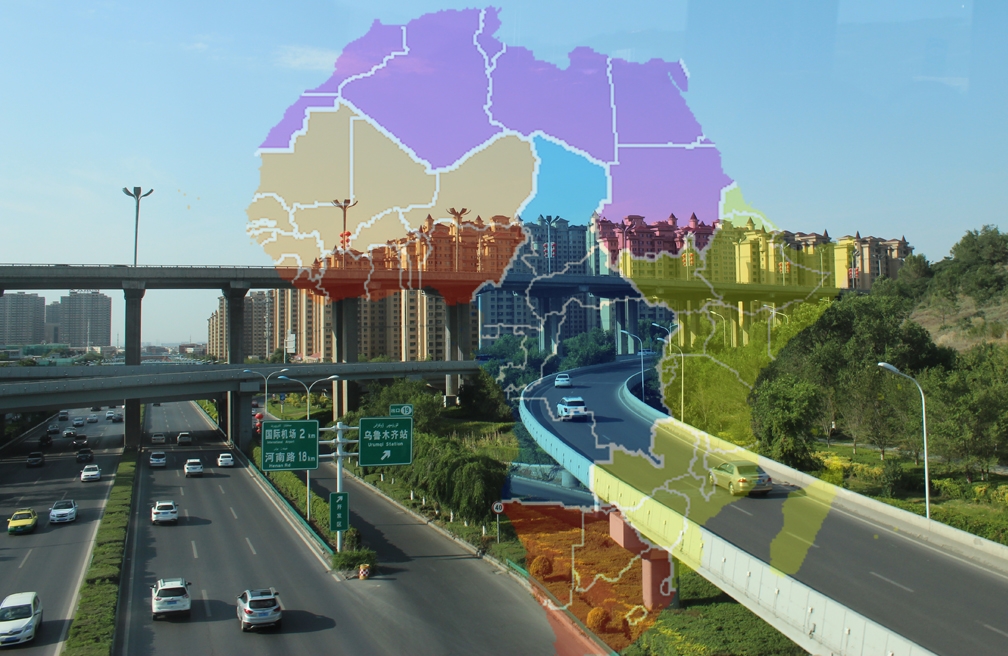
The One-China Principle brooks no challenge
By Cong Peiwu, China’s Ambassador to Canada
Recently, the international community, including Canada, has paid close attention to the Speaker of the US House of Representatives Nancy Pelosi's visit to China’s Taiwan region, in disregard of China's strong opposition. This is a serious violation of the one-China principle and the provisions of the three Sino-U.S. joint communiqués, seriously infringes upon China’s sovereignty and territorial integrity, and gravely undermines peace and stability across the Taiwan Strait. China has all the reasons to respond strongly.
There is but one China in the world, Taiwan is an inalienable part of China’s territory. This is solidly grounded in history and law. Taiwan has belonged to China since ancient times. Chinese governments of different periods set up administrative bodies to exercise jurisdiction over Taiwan. In April 1895, through a war of aggression against China, Japan forced the Qing government to sign the unequal Treaty of Shimonoseki, and forcibly occupied Taiwan. In December 1943, the Cairo Declaration was issued by the Chinese, U.S. and British governments, stipulating that Japan should return to China all the territories it had stolen from the Chinese, including Northeast China, Taiwan and the Penghu Archipelago. The Potsdam Proclamation signed by China, the United States and UK in July 1945 (later adhered to by the Soviet Union) stipulated that “The terms of the Cairo Declaration shall be carried out.” In August of that year, Japan surrendered and promised in its instrument of surrender that it would faithfully fulfill the obligations laid down in the Potsdam Proclamation. On October 25, 1945, the Chinese government recovered Taiwan and the Penghu Archipelago, resuming the exercise of sovereignty over Taiwan. In October 1971, the United Nations General Assembly adopted at its 26th session Resolution 2758, which expelled the representatives of the Taiwan authorities and restored the seat and all the lawful rights of the government of the PRC in the United Nations.
The Taiwan question is the most important and most sensitive issue at the very heart of China-U.S. relations. The three Sino-US joint communiqués embody the political commitments made by the two sides. The one-China principle is the centerpiece of the three Sino-US Joint Communiqués, and the premise and foundation for the establishment and development of China-US relations. The U.S. Congress, as a part of the U.S. Government, is inherently obliged to strictly observe the one-China policy of the U.S. Government and refrain from having any official exchanges with China’s Taiwan region.
The Taiwan Strait is facing a new round of tensions and severe challenges, and the fundamental cause is the repeated moves by the Taiwan authorities and the United States to change the status quo. The Taiwan authorities go all out to push forward “de-sinicization”, and promote “incremental independence”. The United States, for its part, has been attempting to use Taiwan to contain China. It constantly distorts, obscures and hollows out the one-China principle. Nancy Pelosi's visit has sent a seriously wrong signal to the separatist forces for “Taiwan independence”. It is the firm commitment of the more than 1.4 billion Chinese people to resolutely safeguard state sovereignty and territorial integrity. It is the common aspiration and sacred responsibility of all Chinese sons and daughters to realize the complete reunification of the motherland. The Anti-Secession Law has made clear stipulations on major issues including upholding the one-China principle, deterring separatist moves toward "Taiwan independence" and opposing interference in the Taiwan question by external forces. Any attempt to obstruct China's complete reunification and national rejuvenation is doomed to fail.
One-China principle is the overwhelming consensus of the international community, the core of China's core interests, and a red line and bottom line that cannot be crossed. Including Canada, 181 countries have established diplomatic relations with China on the basis of the one-China principle. We are willing to coexist peacefully and develop together with other countries. But we will never allow any country to undermine China's stability and development. Provoking trouble on the Taiwan question in an attempt to delay China's development and undermine China's peaceful rise will be totally futile and will surely lead to total failure.
Photo: Courtesy of the Embassy of China








